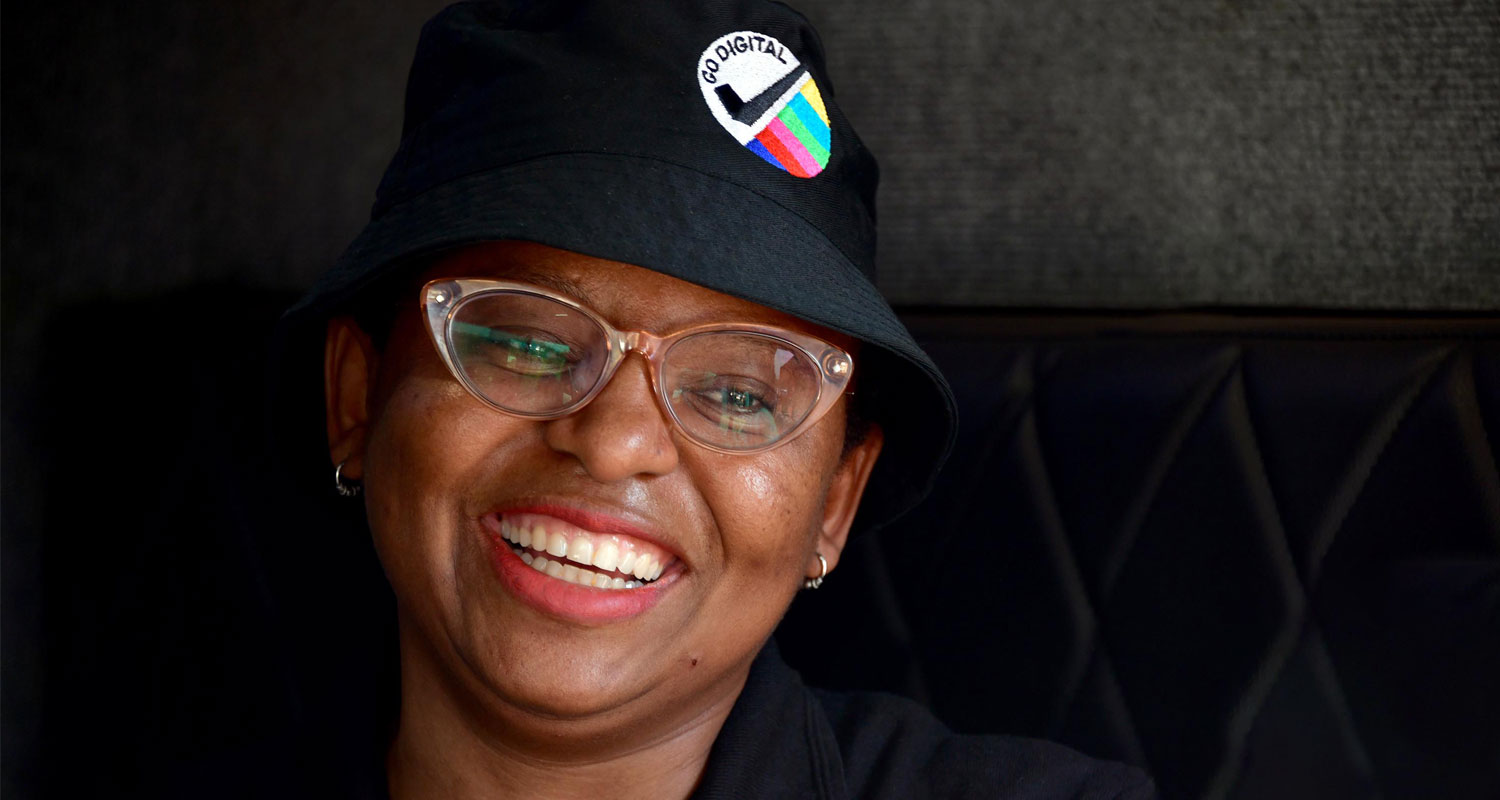
Communications minister Khumbudzo Ntshavheni has told parliament that the cost to communicate in South Africa is “not decreasing at the pace that government wants” and will look to actions beyond “relying on market forces” to address this perceived problem.
The minister, who was speaking in parliament on Wednesday during a debate on President Cyril Ramaphosa’s state of the nation address, said that in the new financial year – which begins on 1 March – she will issue a policy directive to communications regulator Icasa “to study models that other countries are adopting to fast-track the reduction of [the] cost to communicate without relying on market forces”.
Ntshavheni’s remarks come less than 18 months before South Africa is expected to go the polls in a national election that could see the ANC falling below 50% for the first time since the first democratic election in 1994. The cost to communicate – and specifically the cost of data – remains a hot-button political topic in South Africa.
The minister did not say whether there were interventions in specific markets that she wants Icasa to explore; nor did she set out what sort of policy or regulatory interventions might be considered.
In the same address to parliament, Ntshavheni said she has concluded court-ordered consultations with relevant stakeholders on the analogue terrestrial television switch-off in South Africa. This is even though the SABC, a key role player in the migration to digital television, has been without a board of directors during the time these consultations were meant to be taking place.
Ntshavheni had been ordered last year by South Africa’s apex court to initiate proper consultations with broadcasters, including e.tv parent eMedia Holdings, before analogue broadcasts can be terminated. The court gave the minister a bloody nose after it sided with e.tv and found the switch-off of analogue signals must be delayed to allow for more consultation.
New date
In summary, the constitutional court ruled that:
- Ntshavheni’s decision on 28 February 2022 to set 31 March 2022 (later revised to 30 June 2022 by the high court) as the final date for analogue switch-off was unconstitutional and invalid.
- Her decision to impose the deadline of 31 October 2021 for indigent households to register to receive a free, government-subsidised set-top box was also unconstitutional and invalid.
In December, the minister set a new planned analogue switch-off date of 31 March 2023, a year after she had originally wanted to do it and eight years after government committed to the International Telecommunication Union, an agency of the United Nations, to get the job done.
Read: E.tv in stunning victory over minister in digital TV fight
The migration from analogue to digital TV is a crucial component of ensuring mobile operators get access to spectrum suitable for deploying broadband services. – © 2023 NewsCentral Media




